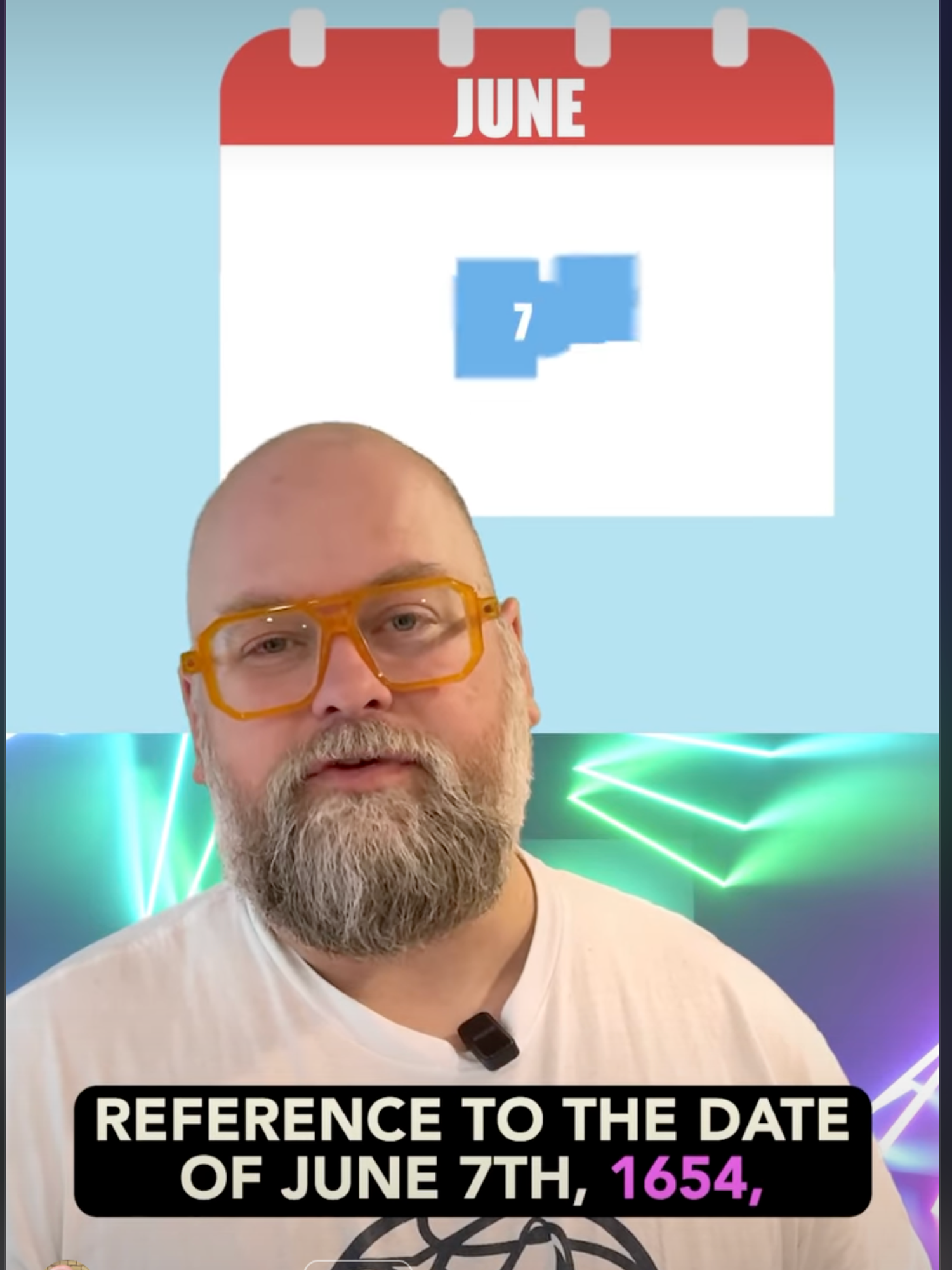6 spot-on things Jane Goodall said about inequality and saving the planet.
Jane Goodall is one incredible woman.
You wouldn't expect Jane Goodall, who is basically the human form of Mother Earth, to talk about Mars.
But she makes a good point.
"The photographs obtained by that little robot that's crawling around the surface of Mars makes it very clear that the planet is not a hospitable environment for human colonization," the eco-octogenarian said during a recent speech at U.S. Department of State.
"We have to make do with planet Earth, and planet Earth has finite natural resources."
The red planet was just one of many unexpected topics Goodall talked about that didn't involve chimpanzees (except they all totally kind of do, in a way).
Here are six telling quotes from her speech that put a ton of big thoughts into perspective.
1. First and foremost, Goodall laid out how absurd it is that humans are even capable of ruining the planet.
Because when you think about it, it's the epitome of self-destruction.
Photo via Erik (HASH) Hersman/Flickr.
“How is it possible that the most intellectual creature to ever walk planet Earth is destroying its only home?"
As we mentioned, she brought up the fact our ventures to Mars have confirmed the red planet is not, in fact, a hospitable one for human life. And that means "we have to make do with planet Earth."
2. She told white folks that they gotta slow their roll when they want to help other places.
Throughout her speech, Goodall frequently discussed the success of her institute's TACARE program that, since its inception, has focused on listening to local communities first and then working with them to make better food, education, and health initiatives.
Photo by Nick Step/Flickr.
Unfortunately, that's not the same approach other aid groups have taken.
TACARE "began not in the way that so much well-intentioned but unfortunate aid has been delivered," she said. "It wasn't a bunch of white people arrogantly going out to these villages and telling them what we were going to do to make their lives better."
3. Goodall explained how her institute connected the dots between fighting poverty and fighting for the environment.
Because, in many respects, they're actually the same fight.
Photo via Festival della Scienza/Flickr.
Goodall explained to NPR how the correlation between financial desperation and environmental recklessness became increasingly clear in Tanzania, as there was "no way we can even attempt to save these precious Gombe chimpanzees" unless the needs of the people were met first.
As those people in Gombe were too poor to buy food, they were forced to cut down trees for money; their families needed to survive. This, in turn, destroyed the same forests chimpanzees depend on.
“Poverty is a huge force in the destruction of the environment, because when you're very poor, you're going to cut down the last trees in order to grow food to feed your family."
4. But poverty wasn't the only factor affecting Tanzania's forests. Gender equality, believe it or not, played a role too.
The correlation between empowering women and saving the environment may not be the most obvious. But Goodall detailed how her institute's work helping women in Gombe ended up saving trees (and her chimps' home).
Photo via Franz Johann Morgenbesser/Flickr.
After gaining the communities' trust, TACARE began prioritizing women's reproductive health and family planning services — a move that was "well-received by the villagers" because they, too, realized a growing population was leading to damaged farmland and unsustainable growth.
Family sizes needed to decrease. It was vital.
"The reason all the trees had gone, the reason the land was overused, was the sheer numbers of people."
The Jane Goodall Institute began helping girls and women access education through scholarships. As Goodall referenced in her speech, providing girls and women with access to an education has been a proven method in shrinking family sizes across the globe.
5. If you believe every person truly matters, the world can change. Just ask young people.
“Everywhere I go, there are young people with shining eyes, wanting to tell Dr. Jane what they've been doing to make the world a better place," she explained at the Department of State. That, she said, keeps her optimistic.
Goodall's Roots & Shoots program, aimed at getting youth involved in the protection of the Earth and its people, has expanded greatly since launching in 1991. Beginning with just 12 students in Tanzania, the program now works in 140 countries around the world.
Its fundamental message? “Every single individual matters," Goodall said during her speech. "Every single individual makes a difference, every day."
6. Because of both the human and environmental progress she's witnessed through her own institute, Goodall has high hopes for the future.
And it really all comes down to people.
Photo via Kafka4prez/Flickr.
“That indomitable human spirit — that's in every single one of us."
She's got a point. We humans really are one-of-a-kind.
As Goodall expressed so well, each one of us has the power to produce change.
And it can start with just one click. You can learn more about and support the Jane Goodall Institute by visiting the organization's website.
Watch Goodall's speech in front of the Department of State below:




 An upset woman sits in her car.via
An upset woman sits in her car.via  An upset man grabs his head.via
An upset man grabs his head.via  A stressed-out woman.via
A stressed-out woman.via 
 Meatloaf was a staple dinner.
Meatloaf was a staple dinner. Spaghetti is still a classic.
Spaghetti is still a classic. Why were pork chops so popular?
Why were pork chops so popular?
 David Bowie on swing in red suit
David Bowie on swing in red suit David Bowie album cover
David Bowie album cover Prince
Prince
 We really wish this were true. via @bryaninmsp/
We really wish this were true. via @bryaninmsp/